
Isabella Adams walks us through the confusion around the best foods for long distance backpacking..
Factual, practical, and easy; tips that make long-distance backpacking convenient with minimal effort. Whether you’re worried about the weight of a backpack or how to put together a list of food and nutrients, this article covers all information regarding light packing and the importance of high-calorie foods and macronutrients with vitamins and minerals needed for sustainable and endurant hiking.
Choosing the Right Foods for Long-Distance Backpacking
Going on a long-distance hike is a challenging sport; choosing the proper meals and food makes all the difference. Food fuels the body with energy from calorie consumption; the stomach breaks down carbohydrates, fat, and proteins to release ATP, generating muscle energy. Such nutrients can be found in surprisingly small snacks that can be easily prepared and packed while hiking.
Nutritional Considerations
The average daily calorie intake is 2000 calories for women and 2500 for men to function well daily. However, calorie intake should be more than just the average when you are doing a hard workout such as long-distance hiking. Healthy, high-calorie foods are a great way to achieve those calorie goals.
Balanced macronutrients are a healthy measure of carbohydrates, fats, and protein. The body needs a combination of these three for sustainable energy. It’s worth noting that fats provide the highest energy at 9 calories per gram, compared to 4 calories per gram for protein and carbohydrates.

Vitamins and minerals are also essential for sustaining performance during hiking. Hiking trails can quickly deplete energy sources, and individuals may become dehydrated and experience cramps or discomfort. Magnesium is perfect for avoiding cramps as it helps soothe muscles, and the recommended daily value is 420 mg.
Dark chocolate contains 65 mg of magnesium per 28 g and prebiotic fibers, which are great for maintaining a healthy gut. Vitamin C is excellent for maintaining energy levels and reducing fatigue. One lemon contains approximately 30 mg of vitamin C, and adding a couple of slices to a water bottle is refreshing and helps retain the vitamin.
Dehydrated foods are a backpacker’s best friend; dehydration helps preserve nutritional value while increasing fiber content. They have a long shelf life and contain zero preservatives, and dehydrated food contains less water which reduces their weight and decreases the chance of microbial growth.
Proper Food Handling and Storage
Ensuring that all snacks and meals are properly stored is equally important to selecting the food. Although insulated food containers may preserve heat for a short period, it is better to carry chilled food.
Instead of conventional Tupperware, a soft cooler decreases weight, provides storage space, and is insulated, keeping food cool. Using foil helps keep the food cold and reflects the heat, especially when stored in coolers. Frozen water bottles are also a great hack and fit perfectly within the straps of the soft coolers. Although small, waist packs are handy and provide easy access to a couple of quick bites before going through your actual food storage.
Consider purchasing vacuum-sealed pouches and airtight food storage boxes for easy packing and safe handling.
Researching the area beforehand can help hikers forage food for natural and fresh ingredients.
Best Backpacking Food for Sustained Energy
 Rice and Pasta: Instant noodles are easy to cook and delicious, but they are processed and can cause a short spike in blood sugar, making them unhealthy. Opting for non-instant Udon is a healthier substitute. The broth will help you rehydrate, and the carbohydrates will sustain the body’s energy.
Rice and Pasta: Instant noodles are easy to cook and delicious, but they are processed and can cause a short spike in blood sugar, making them unhealthy. Opting for non-instant Udon is a healthier substitute. The broth will help you rehydrate, and the carbohydrates will sustain the body’s energy.- Dehydrated Meals: Dehydrated foods are lightweight, compacted, and extremely easy to prepare. They can be made at home with a food dehydrator or purchased packed dehydrated foods specifically for hiking and backpacking.
To rehydrate the meal, you can pour hot water on it and wait around 10 minutes until the food is fully rehydrated. To get optimal results, soak it in lukewarm water for 5 minutes, slowly bring it to a boil, and let it simmer for around 5 to 10 mins, turn off the heat and allow the food to sit until fully hydrated. - Instant Oatmeal and Granola: Carb-loading is always recommended for hikers; carbs increase glycogen for sustained performance and higher endurance. A cup of oatmeal contains 27 grams of carbohydrates, whereas a cup of granola contains 18 grams. For extra flavor, individuals can add a tbsp of honey which contains approximately 64 calories.
Best Snacks for Long Distance
 Energy Bars: Granola bars are quick to make, easy to store, and keep backpackers full for a while. They are high in fiber and protein which are a quick snack option to boost hikers and backpackers’ energy levels; they aid muscle recovery from hiking exertion, are full of nutrients, and are easy to digest.
Energy Bars: Granola bars are quick to make, easy to store, and keep backpackers full for a while. They are high in fiber and protein which are a quick snack option to boost hikers and backpackers’ energy levels; they aid muscle recovery from hiking exertion, are full of nutrients, and are easy to digest.- Nuts and Seeds: An important and nutritious snack that hikers should always pack is an assortment of nuts and seeds that are high in protein and contain healthy unsaturated fats. For instance, a handful of almonds is around 100 grams, providing 164 calories; and dry roasted Peanuts provide around 167 calories.
An alternative to this is to pack a couple of jars of high-quality nut butter that have no added sugar or salt. Nut butters are convenient high-nutrient foods that can be enjoyed with crackers, vegetable sticks, fruits, or even straight out of the jar with a spoon. - Dried Fruits: Organic dried fruits like cherries are rich in antioxidants and pain-reducing quality; they also help sustain blood sugar levels, reducing thirst. dried fruits like peaches and apricot contain potassium, a great electrolyte source; they help retain fluids and lower blood pressure levels.
- Jerky and Meat-Based Snacks: A cup size of dehydrated beef jerky contains 369 calories, rich in 30 grams of protein and approximately 5 grams of iron; beef jerky serving size of 116 calories helps immunity and sustains muscle mass. Turkey jerky and hard salami are two other options to consider.
- Cheese and Crackers: It’s important to pick durable cheeses during a hike; dry gouda and cheddar are easy to pack and go great with whole-grain crackers.
Choosing the right foods for long-distance backpacking is vital for sustained energy and durable performance. However, some snacks, such as energy bars, contain harmful ingredients, such as artificial sweeteners. Check the label before purchasing and avoid high fructose corn syrup and soy isolate, which can increase appetite and are highly processed. More so, products with the word hydrogenated are bad for health and specifically for the heart.
Lastly, no words can express the joy of hiking and exploring the remote terrains and wonderful landscapes. The meaning behind such a wonderful sport was best expressed by David McCullough JR. when he said: “Climb mountains not so the world can see you, but so you can see the world.”

What are your ideas for the Best Foods for Long Distance Backpacking?
We are keen to hear your thoughts. Let’s learn from each other. Please share in the comments below.

Isabella Adams
Isabella is an experienced nutritionist and a passionate freelance writer. She uses her knowledge and experience to write about trending nutrition topics and develop a healthy and joyous relationship with food and the body. Her tips help to make healthier lifestyle choices.



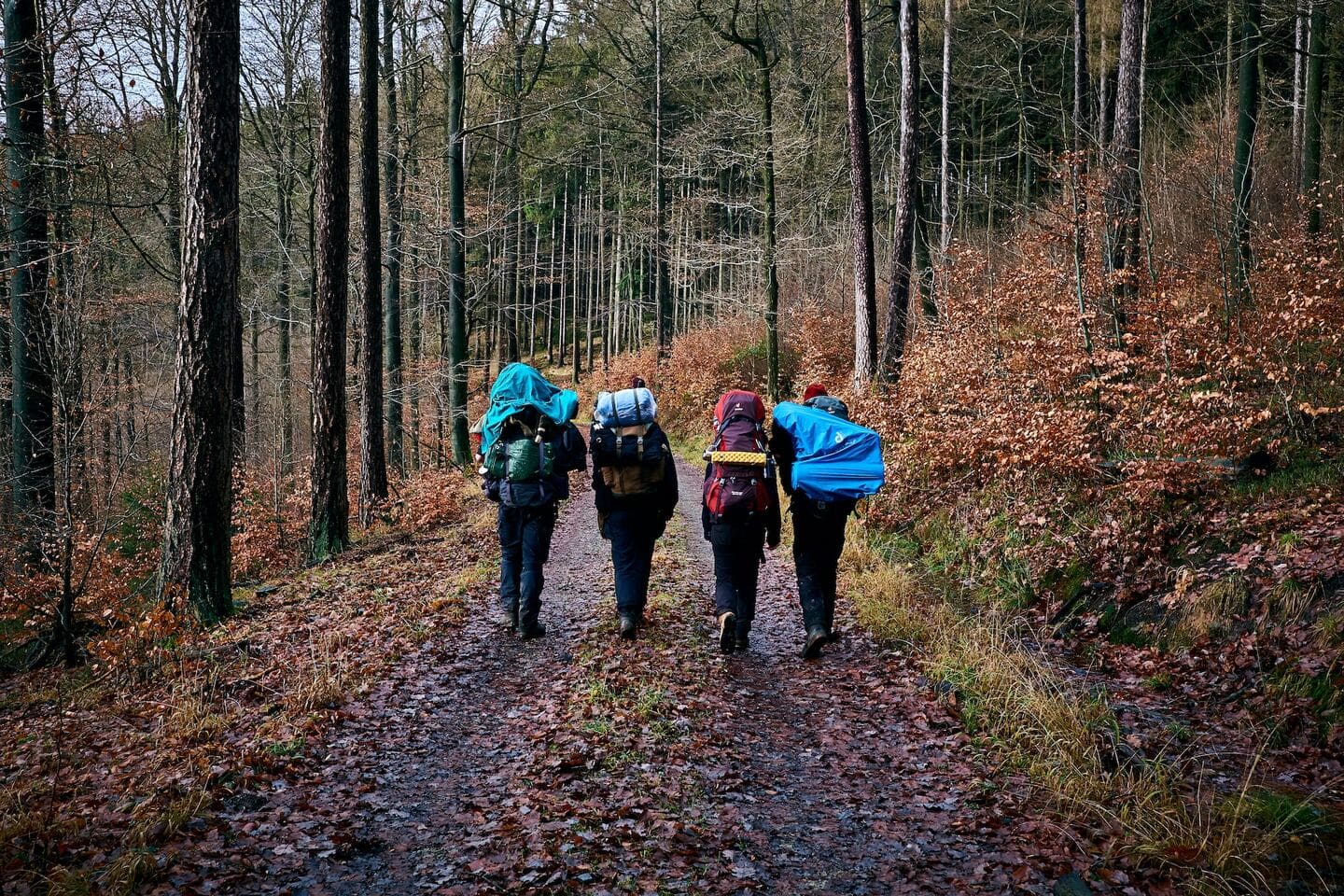
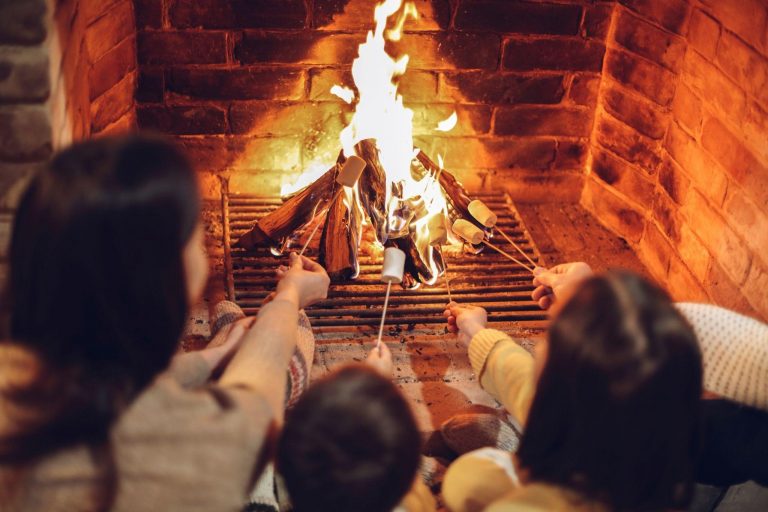
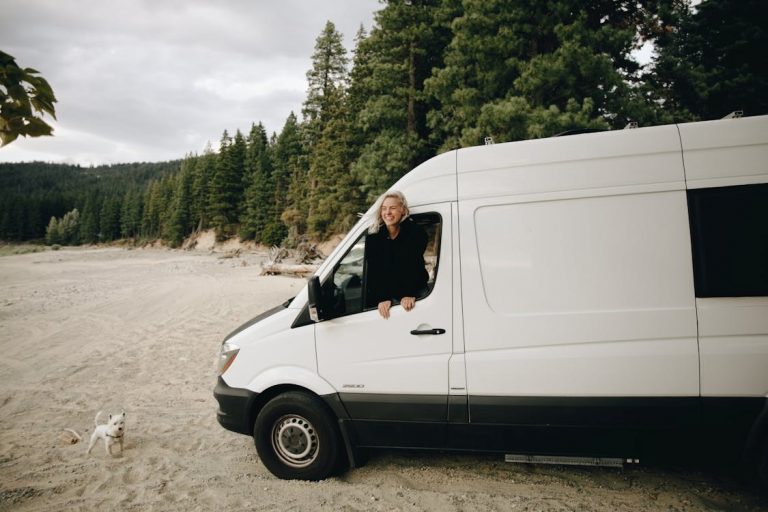
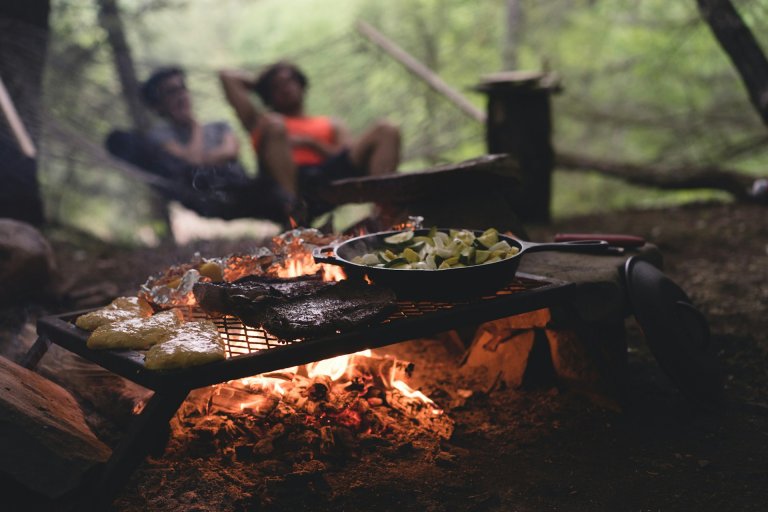
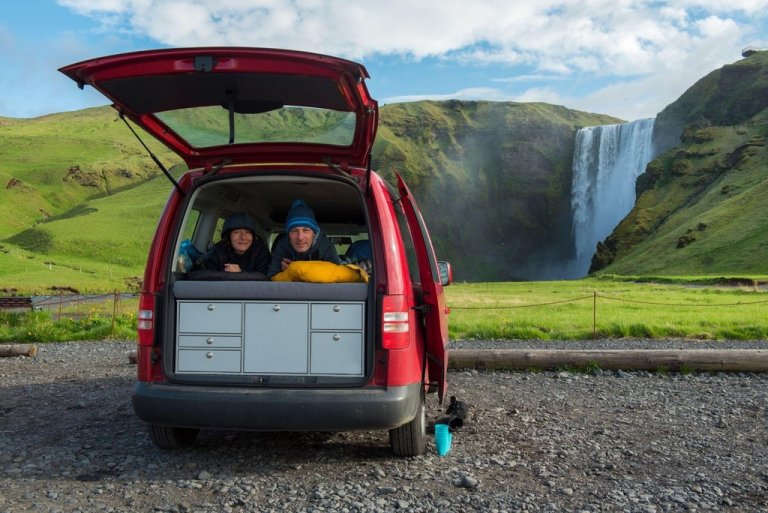



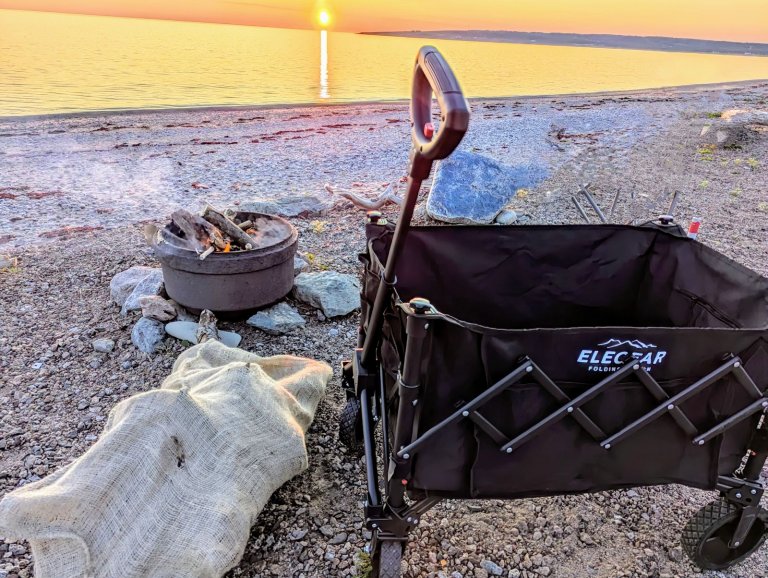
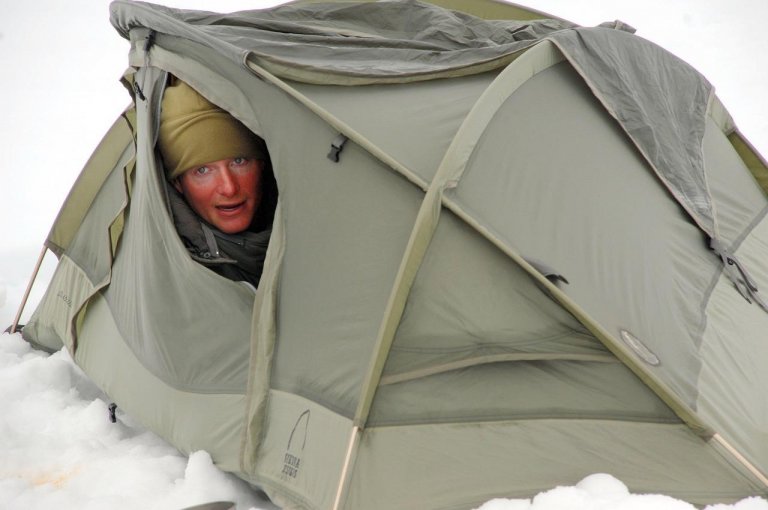

Leave a Reply